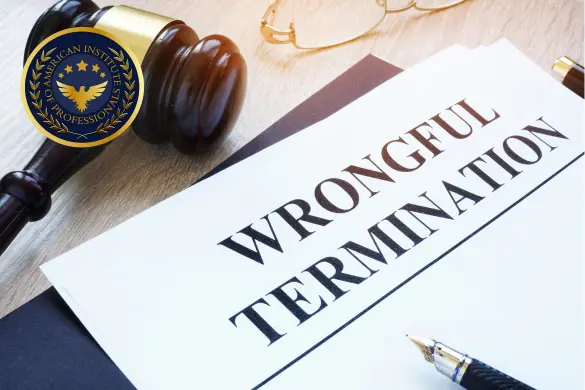In the dynamic landscape of business transactions, California stands as a hub of economic activity, attracting many ventures, from startups to multinational corporations.
Amidst this bustling environment, contract disputes often arise, presenting challenges that can impede progress and strain relationships. Contractual disagreements can manifest in various forms, ranging from breach of agreement terms to disputes over interpretation or performance.
The prevalence of contract disputes in California underscores the critical need for effective resolution and prevention strategies. These disputes can have significant ramifications, including financial losses, damaging reputations, and jeopardizing business partnerships.
In this article, we delve into the intricacies of California contract disputes, offering insights into strategies for resolution and prevention. By understanding the underlying causes of contract disputes and implementing proactive measures, businesses can mitigate risks and safeguard their interests in the state’s ever-evolving commercial dealings landscape.

Understanding the Dynamics of Contract Disputes
California contract disputes often stem from various triggers, including ambiguous contract terms, disagreements over performance obligations, breaches of contract, and shifts in business priorities or market conditions.
Ambiguities in contractual language, such as vague provisions or conflicting terms, can lead to divergent interpretations, setting the stage for disputes. Moreover, changes in circumstances or unforeseen events, such as economic downturns or regulatory changes, may disrupt the parties’ ability to fulfill their contractual obligations as initially envisioned, further exacerbating tensions and triggering disputes.
Failure to address contract disputes promptly and effectively can result in a cascade of negative consequences. Beyond the immediate financial implications of potential losses or damages, unresolved disputes can strain business relationships, erode trust between parties, and tarnish reputations within the industry.
Furthermore, prolonged litigation processes to resolve disputes can drain resources, both in terms of time and money, diverting focus away from core business activities and hindering growth opportunities.
In some cases, unresolved disputes may even escalate to irreparable harm, leading to business dissolution or protracted legal battles that result in significant losses for all parties involved.
By understanding the dynamics of contract disputes and seeking the help of a California contract lawyer for resolution and prevention, businesses can safeguard their interests and maintain the integrity of their contractual relationships in the competitive landscape of California’s business environment.
Legal Remedies for Contract Breaches
In California, breach of contract lawsuits are a common legal recourse for parties aggrieved by contractual violations. The litigation process typically begins with the aggrieved party filing a complaint in the appropriate court, outlining the alleged breach, and seeking remedies such as damages or specific performance.
The usual litigation process for California contract disputes consists of:
- Complaint Filing: The aggrieved party files a complaint in the appropriate court, specifying the nature of the breach and the requested remedies.
- Response: The breaching party responds to the complaint by filing an answer, admitting or denying the allegations.
- Discovery: Both parties engage in the discovery process, exchanging relevant information and evidence.
- Pretrial Proceedings: The court may hold pretrial conferences to facilitate settlement discussions or streamline the trial process.
- Trial: If the case proceeds to trial, both parties present their arguments and evidence before a judge or jury.
- Judgment: The court issues a decision based on the evidence presented, awarding remedies to the prevailing party.
Factors to Consider When Pursuing Legal Action
- Strength of Your Case: Assess the strength of the contractual claim and the evidence supporting it.
- Costs and Resources: Evaluate the potential costs and resources required to pursue litigation versus the possible recovery.
- Timeframe: Consider the time it may take to resolve the dispute through litigation and explore alternative dispute resolution methods.
- Relationship Preservation: Assess the impact of litigation on the parties’ ongoing relationship and explore opportunities for settlement or mediation.
- Legal Representation: Seek advice from experienced legal counsel to navigate the complexities of breach of contract litigation effectively.
By carefully considering these factors, parties can make informed decisions regarding pursuing legal action against a breaching party, weighing the potential benefits against the associated costs and risks.
Conclusion
From proactive prevention strategies to navigating the complexities of breach of contract litigation, businesses must remain vigilant in safeguarding their interests and preserving the integrity of their contractual relationships.
An experienced business law attorney can provide invaluable guidance, offering strategic insights and personalized solutions tailored to your needs and circumstances.





